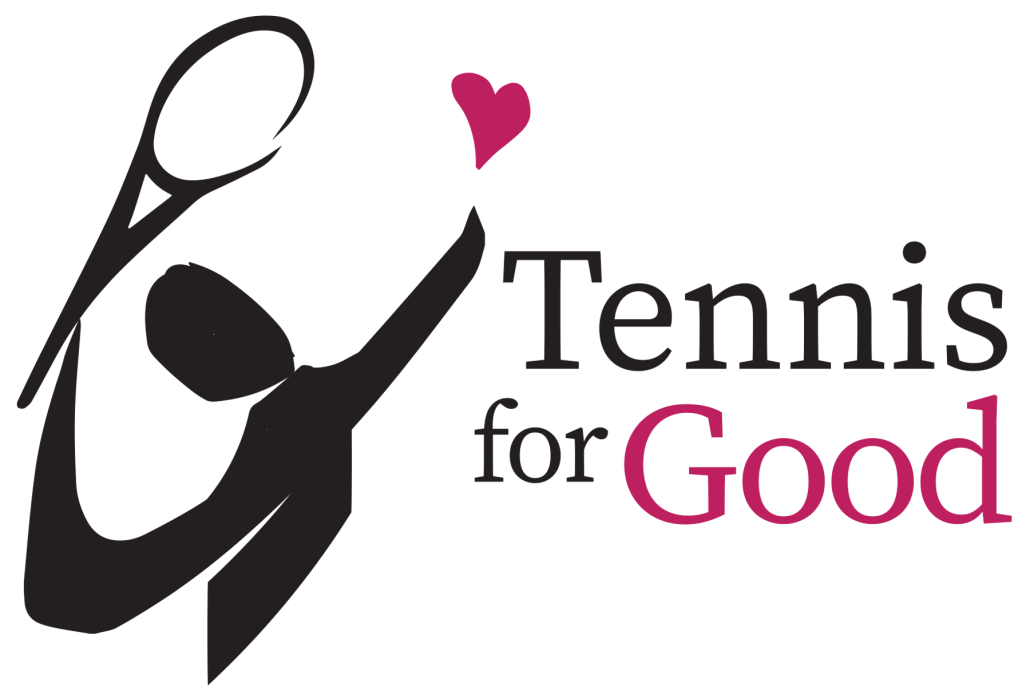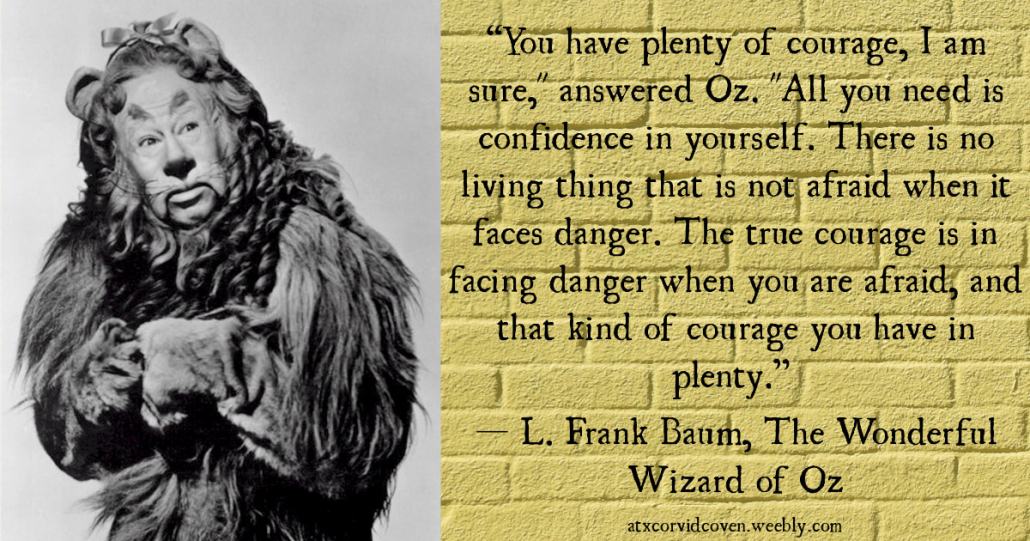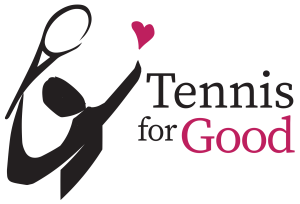
Tennis has some basic rules. Hit the ball before it bounces twice so that it lands on or inside the lines. That’s basically it, with a lot of fine-tuning (serving rules, net cord rules, double-hit rules, and so on).
Beyond these rules, tennis is what we make of it. A select few pursue it for fame and fortune. For many, it’s a fun, social way to get healthy exercise. For a smaller yet sizable group, it’s a dojo for pursuing excellence. And so on.
Beyond the rules, in other words, tennis is what you make of it. It’s the clay and you’re the ceramist.
Unlike tennis, life’s rules are not laid out for us. We absorb them unconsciously from our environment. Of course, there have been many efforts to make them explicit. The Ten Commandments, for example. But external mandates tend to backfire. All too often, all they do is stir up resentment, rebellion, and middle-finger disregard. People who are raised under the flag of ‘thou shalt not’ are often the most hypocritical of all.

 A practice partner once said to me about playing tennis: “If you’re thinking, you’re stinking.”
A practice partner once said to me about playing tennis: “If you’re thinking, you’re stinking.”

